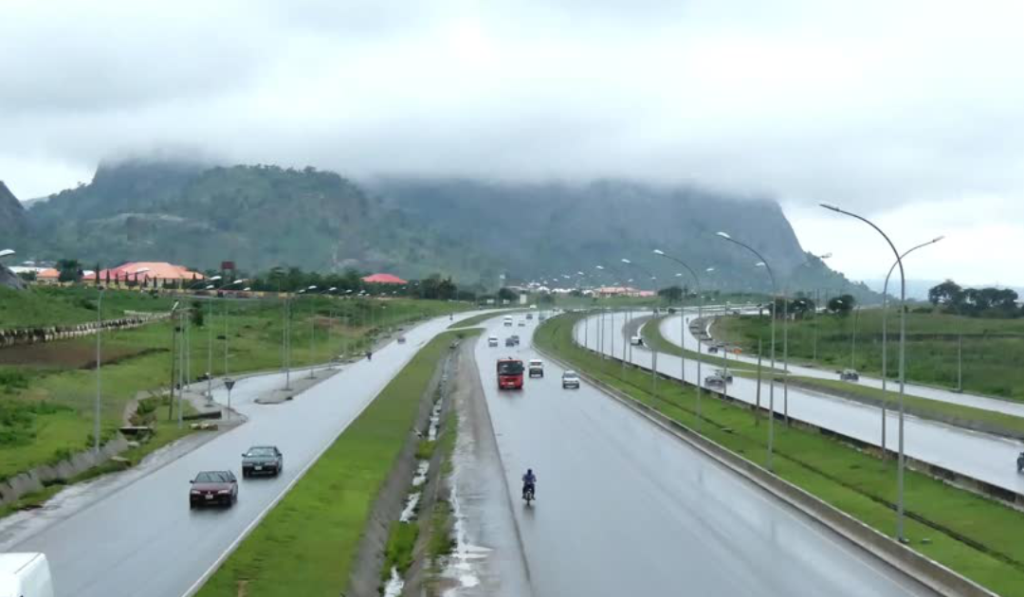The Dire State of Nigerian Road Infrastructure and the Quest for Sustainable Funding
Nigeria’s road network, a critical artery for economic activity and social integration, faces a persistent challenge of inadequate funding. This has resulted in a debilitating cycle of deteriorating road conditions, escalating repair costs, and disruptive delays for commuters and businesses. The Minister of State for Works, Mohammed Goroyo, highlighted the gravity of the situation, revealing that an estimated ₦880 billion is required annually for optimal road maintenance. However, budgetary allocations have consistently fallen far short of this target, with only ₦76.3 billion, ₦103.3 billion, and ₦168.9 billion allocated for 2023, 2024, and 2025, respectively. This chronic underfunding forces the Federal Road Maintenance Agency (FERMA) into a reactive, rather than preventive, approach to road maintenance, exacerbating the existing infrastructure deficit. The result is a network of roads plagued by potholes, structural damage, and safety hazards, hindering economic progress and impacting the daily lives of Nigerians.
The FERMA Act of 2007 established a 5% user charge on petroleum products as a dedicated funding mechanism specifically designed to address the chronic underfunding of road maintenance. This charge, intended to provide a sustainable revenue stream for FERMA, has remained largely unimplemented. Both the Minister and the Managing Director of FERMA, Chukwuemeka Abbasi, confirmed that the agency has been unable to access these funds, despite the legal provision. This failure to implement the user charge has further deepened the funding gap, hindering FERMA’s capacity to effectively maintain and rehabilitate the nation’s extensive road network. The lack of consistent and adequate funding compels FERMA to prioritize emergency repairs over preventative maintenance, leading to a vicious cycle of deterioration and costly repairs. This reactive approach ultimately proves more expensive and less effective in the long run, contributing to the persistent challenges faced by Nigeria’s road infrastructure.
The House of Representatives, recognizing the urgent need to address this critical infrastructure challenge, launched an investigative hearing into the implementation and remittance of the 5% user charge. Speaker Tajudeen Abbas emphasized the House’s constitutional mandate to investigate the non-implementation of this crucial funding mechanism. The inquiry aims to determine the extent of legal violations, the amount of unremitted funds, and the parties responsible for the failure to implement the user charge. The investigation seeks to uncover why this vital funding source has not been utilized and to identify the obstacles hindering its implementation. The ultimate goal is to ensure accountability and develop recommendations to prevent future abuse of the law and streamline the remittance process, ensuring that FERMA receives the necessary funds to carry out its mandate effectively.
The House Committee, chaired by Francis Waive, clarified that the user charge is not a new tax or an attempt to increase fuel prices but rather an existing legal provision that has simply not been enforced. The committee stressed the importance of adherence to existing legislation and emphasized that the House will ensure compliance from both individuals and government agencies. The investigation is therefore not about introducing new legislation, but about enforcing existing laws to ensure that allocated funds reach their intended destination and are used for their intended purpose. The committee’s objective is to rectify the anomaly of non-compliance and ensure that legal provisions designed to address critical infrastructure challenges are implemented effectively.
The Minister of Works, echoing the sentiments of the House, stressed the urgent need for the diligent implementation and timely remittance of the 5% user charge. He highlighted this dedicated funding stream as a viable solution to bridge the existing financial gap, offering a consistent source of resources to address Nigeria’s infrastructure needs without over-reliance on volatile annual budget appropriations. The user charge represents a dedicated and predictable funding source that could significantly enhance FERMA’s ability to plan and execute long-term maintenance and rehabilitation projects. This would enable a shift from reactive repairs to a proactive approach focused on preventing deterioration and ensuring the long-term sustainability of Nigeria’s road infrastructure.
The investigative hearing underscores the critical importance of ensuring accountability and transparency in the management of public funds designated for infrastructure development. Addressing the chronic underfunding of road maintenance is not just a matter of policy, but a national imperative crucial for economic growth, social integration, and the overall well-being of Nigerian citizens. Implementing the 5% user charge and ensuring its proper remittance holds the key to unlocking a sustainable funding mechanism that can transform Nigeria’s road network and contribute significantly to the nation’s development. By addressing the root causes of underfunding and establishing a reliable revenue stream for road maintenance, Nigeria can pave the way for a future with safer, more efficient, and economically viable transportation infrastructure.


